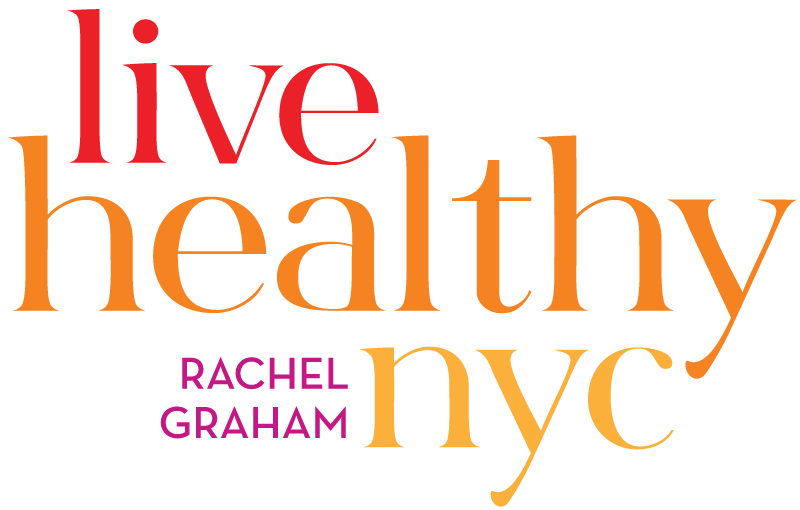Happy Monday!
As I sit down to write this on a Friday afternoon, all I can think about is “Ahh the weekend!”. Slowing down and taking a mental break after a busy week is not just a luxury; it's a necessity for maintaining mental well-being and productivity. In the hustle and bustle of everyday life, it's easy to get caught up in a cycle of constant activity, leaving little time for rest and rejuvenation. However, it is important to make the conscious decision to slow down, giving my mind a break.
You too may have had a particularly hectic week and you may have felt the signs of both mental and physical exhaustion. But, going at full speed, I have realized, doesn’t serve me well. Being able to let go of the “go-go-go” mindset takes time. It is important to find activities that allow you to slow down your mind and shift your focus away from work or other stressors. By giving yourself permission to take a break, you're not being lazy or unproductive; you're actually replenishing your mental energy reserves, which will ultimately help you perform better when you return to your tasks.
Slowing down the pace of my life has been invaluable. I’ve given myself the gift of time. Going slow has become a luxury that I’m incredibly grateful for. For me, slowing down is a combination of practicing mindfulness, getting enough rest, and prioritizing what matters in my life. Pico Lyer, a novelist says: “In an age of speed, I began to think, nothing could be more invigorating than going slow. In an age of distraction, nothing can feel more luxurious than paying attention. And in an age of constant movement, nothing is more urgent than sitting still.”
Learning to “master the art of slowing down” can be an adventure. Here are a few tips to help you get started:
Create a meaningful morning routine- Once I realized I could no longer literally jump out of bed, I decided to savor my morning time. I leisurely have a cup of coffee and read the paper and write in my journal. This “me time” deeply impacts how my day unfolds.
Stop multitasking- Focusing on one task at a time has proven to be more productive and fulfilling than attempting to juggle multiple tasks simultaneously.
Step away from social media- Stepping away from mindless scrolling helps reclaim time and preserve mental health.
Read a book, take a walk- A great way to unwind and recharge and expand your mind.
Say “NO” more- Recognizing my limits and prioritizing my time has been liberating and rewarding.
Find a community- Having a support network of friends who are interested in slowing down makes the journey more fun and meaningful. I’ve found inspiration through books, podcasts, and friends who have learned to enjoy life by not rushing through the day. Making life changes is a little bit easier when you have a support network in place.
Ultimately, slowing down and taking a mental break is about honoring your own needs and recognizing that rest is an essential part of the productivity equation. By making self-care a priority, you'll not only feel better mentally and emotionally but also be better equipped to tackle the challenges that come your way.
As a licensed Clinical Behavioral Therapist and an Intuitve Eating Counselor, if I can help you to feel better about yourself and make positive changes, feel free to contact me at rachel@livehealthynyc.com




















